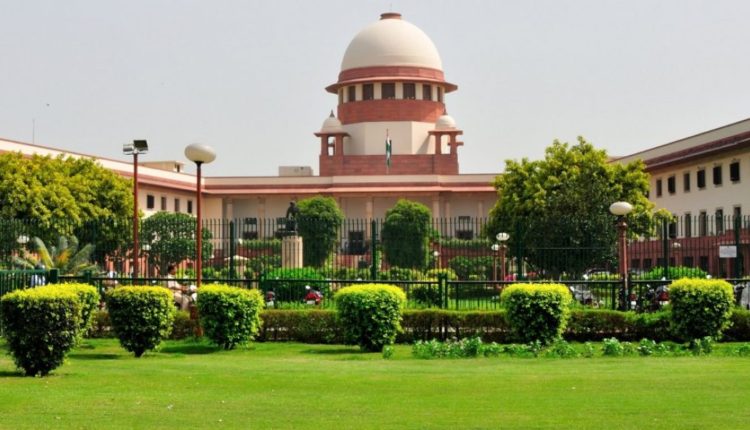Grant minimum submission of two minutes: Bar Association Chairman petitions judges
Ten News Network
New Delhi (India), April 5, 2023: Dr Adish C Aggarwala, Senior Advocate and Chairman of All India Bar Association has highlighted a major issue concerning all legal luminaries and has requested the judiciary to take a decision for granting a minimum of two minutes to hear argument of advocates in each and every case.
His request brings forward the pain and plight of many litigants and advocates, whose cases are dismissed merely on the mention of it by the court roll, as the judges don’t fine much merit in them based on the papers submitted to them prior to the hearing.
Advocate Aggarwala argues that oral argument should be a necessary part of the court proceedings before deciding the fate of a case.
In a letter addressed to judiciary, he writes, “A litigant comes to the Apex Court with high hopes. It is the forum of the last resort. Usually, a litigant expects that the merits of his case would be closely evaluated and if substance is found, he would be given relief. Given that there is no further right of appeal from the decision of this, the litigant engages a lawyer who he thinks will be able to represent the case effectively and convince the Hon’ble Judges. However, sometimes the cases are dismissed immediately on being taken up. This happens because the Hon’ble Judges have already gone through the paper-book and have already weighed the merits and demerits of the case.”
“My humble plea is that if the case set out in the pleadings would have been wholly sufficient to take a final decision, there would be no need for the institution of advocates or a system of advocacy being in place, and the role of lawyers would then have been confined to only drafting and filing the pleadings and written submissions. We believe that while the Hon’ble Judges do spend a majority of their precious time labouring through the papers, it is possible that they may have missed a relevant fact material for disposal of the case. It is also possible that a certain fact may not have been given its due importance in drafting of the petition itself and it may need to be pointed out or put into perspective during oral arguments. In rare cases, there have been developments after the filing of the petition which need to be brought to the notice of the Hon’ble Court,” he adds.
Citing the report of American Academy of Appellate Lawyers Oral Arguments Task Force, he further highlights the importance and value of oral arguments saying:
“1. Oral argument improves the decision-making process by allowing the judges to consider the case collectively, to ask counsel questions, and to give counsel the opportunity to explain, face-to-face, the merits of his or her client’s position.
2. Oral argument helps assure the litigants that they have received their “day in court,” reflecting the personal attention and investment of the panel hearing the argument.
3. Oral argument provides systemic benefits, connecting citizens to the appellate courts and the process of appellate justice.
4. Oral argument teaches lawyers how appellate judges approach case resolution, improving the quality of appellate advocacy in future cases, over the long term.”
Based on above assertions, the bar association chief requests the lordships to kindly permit Advocates to address the Hon’ble Court and to present their client’s case in all cases for at least two minutes before the Hon’ble Court takes a final decision.
“The aphorism “Justice should not only be done, but should manifestly and undoubtedly be seen to be done.” {R v Sussex Justices; Ex parte McCarthy [1924] 1 KB 256, (‘R v Sussex Justices’)} deserves more than mere lip service in times when the moral authority of courts is being widely challenged. Courts need to have procedures which are perceived to be fair, which address sentiments and engage with perceptions, for them to lay strong foundations for its pillars to stand on,” he concludes.
Discover more from tennews.in: National News Portal
Subscribe to get the latest posts sent to your email.



